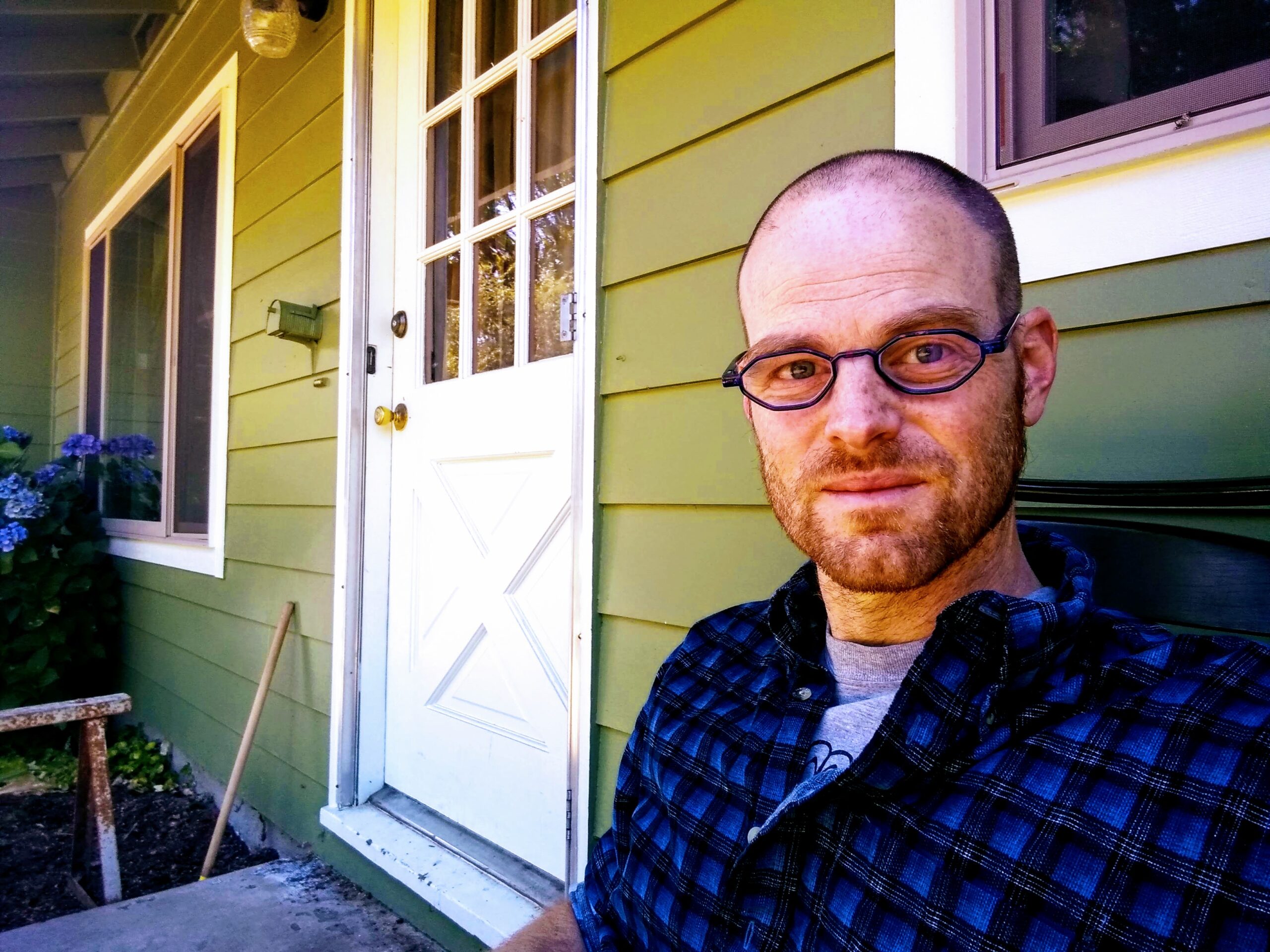
In the 1990s, researchers from Kaiser Permanente and the CDC developed the ACE (Adverse Childhood Experience) Quiz. Its ten questions provide a window into a person’s experience of childhood trauma.
The researchers found that trauma in early childhood is linked to increased likelihood for a ghastly set of outcomes later in life, including sedentary life style, smoking, alcohol abuse, drug addiction, missed work or inability to hold a job, severe obesity, diabetes, depression, suicide attempts, STDs, heart disease, cancer, stroke, COPD, broken bones, and early death. They also discovered what is called a “dosing” effect: the risk factor for destructive outcomes increases with each “yes” answer on the quiz. The highest risk group includes those who answer “yes” to four questions or more. The ACE study was a significant contribution to an explosion of research that has transformed what we know regarding how early childhood trauma affects the brain.
My child answers “yes” to nine questions on the ACE quiz. He entered my life when he was eleven, through the foster care system. Parents of children who carry with them the ponderous burden of a trauma-marked past must provide the arena through which their child can participate in their own healing. This can be demanding, and life can be intense. Our family has lived long periods in which we move from crisis-to-crisis. The educational, mental health, and juvenile justice systems often seem purposefully arranged to be insurmountable obstacles rather than sources of support. The social experience of traumatized children, and their parents, can be isolating.
In the weeks to come, I hope to use this column to explore the issues that commonly arise in parenting children who suffered trauma in early childhood. I write not as an expert but as a parent who is educating himself as best he can.
I know, too, that writing is one half of a dialogue. The concerns of the reader, as understood in the mind of the writer, comprise the other half. I want to invite readers to make those concerns explicit through entering into dialogue either by email or the comments section below.
May this space be a source of connection, however small, for those who care for some of our most vulnerable children.

Matthew King lives with his fifteen-year-old son in Corvallis, Oregon, where he’s taught English for thirteen years. He also does advocacy work in the school district for children who have experienced trauma in early childhood. In his spare time he hikes, reads, writes, practices meditation, and watches his son ride dirt bikes. He welcomes comments and feedback and can be contacted at kingmatthew10@gmail.com
